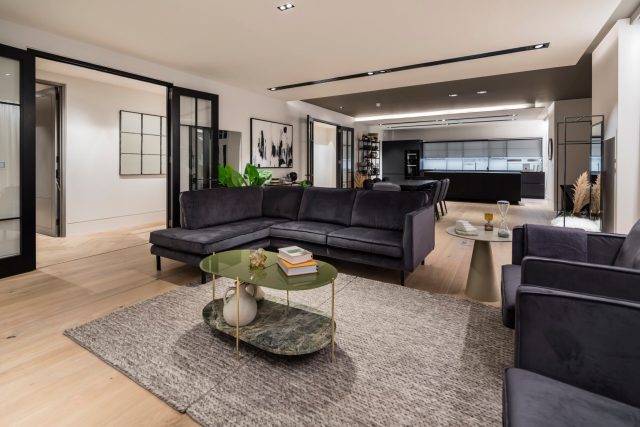Thinking of becoming a landlord? Letting your home to tenants is a great option if you’re considering moving on to a different property. Searching for the answer to how do I rent my house to tenants? You’ve come to the right place. This quick guide can help you decide whether becoming a landlord is the right step for you and how to make it happen if it is the ideal move forward.
Understanding the Why
There are many reasons you might want to consider renting your home. For example, if you’re in a space where you’re struggling to sell your home, renting it to others can be the perfect alternative to actually getting it sold. At the minimum, you’ll have enough of a payment coming in to cover the mortgage.
Another reason you may want to consider renting your home to others is that you can live somewhere else for a while. If you’re making a temporary job change or you need to move to care for an ageing parent for some time, renting your house is the ideal way to keep it while you take care of your other needs and earn some income in the process.
You may also want to consider renting your home because you’re keen to enter the property business. This is a great way to make that happen. While being a landlord can be a tough business to enter, it’s also the perfect way to make a bit of extra income or explore a career opportunity you hadn’t previously considered.
Understanding What It Will Cost
If you think renting your home to others might be the right step forward, you should next consider what it might cost. Rental income is taxed at a person’s typical bracket. If you’re a basic rate taxpayer, that’s usually 20%. If you’re a higher rate taxpayer, though, that’s typically 40%. Keep in mind that you can deduct things like the cost of the letting agent, insurance, and even property improvements. If, after those costs (and the cost of the mortgage payment itself), you have enough leftover to make it worthwhile, renting might be the right choice for you.
It is possible that you’ll have to pay Class 2 National Insurance if you intend to make letting properties your business. That will depend a bit on how much you’re earning and how many other properties you’re letting at the time. If you’re just letting your house, you likely won’t have to pay for that insurance.
Ensure that you’ll be able to save enough for maintenance and property repairs because as a landlord, those are both your responsibility. You’ll also want to make certain you have enough to pay the mortgage if you find yourself between tenants at any point.
Setting the Rent
If you’re convinced becoming a landlord is the right way to go, the first step is to set the rent. To do so, you’ll want to look at other rental properties in your area. Take a closer look at their rental prices, and look, too, at historic prices for rent in your area to get a sense of what has been charged in the past as compared to what is being charged now. You may be able to use Zoopla for some of that data.
You may also want to talk to a letting agent. They can not only help you set the best rent price, but they can also help to connect you with tenants so you will always have someone who is ready to rent from you. Keep in mind, though, that there are costs involved with letting agents, so that should be part of your overall cost calculations.
The Next Steps
Once you’ve calculated whether you can afford to rent your home and you’ve priced it right, the next step is to chat with your mortgage lender. They need to know your plans, as you’ll need a Consent for Lease form from them. You’ll also want to chat with your buildings and contents insurer, as that policy will likely need to be shifted a bit as well. You’ll need a landlord insurance policy to protect you and your tenants. The next step is to actually move out of your property and begin listing it so you can find the right tenants.








